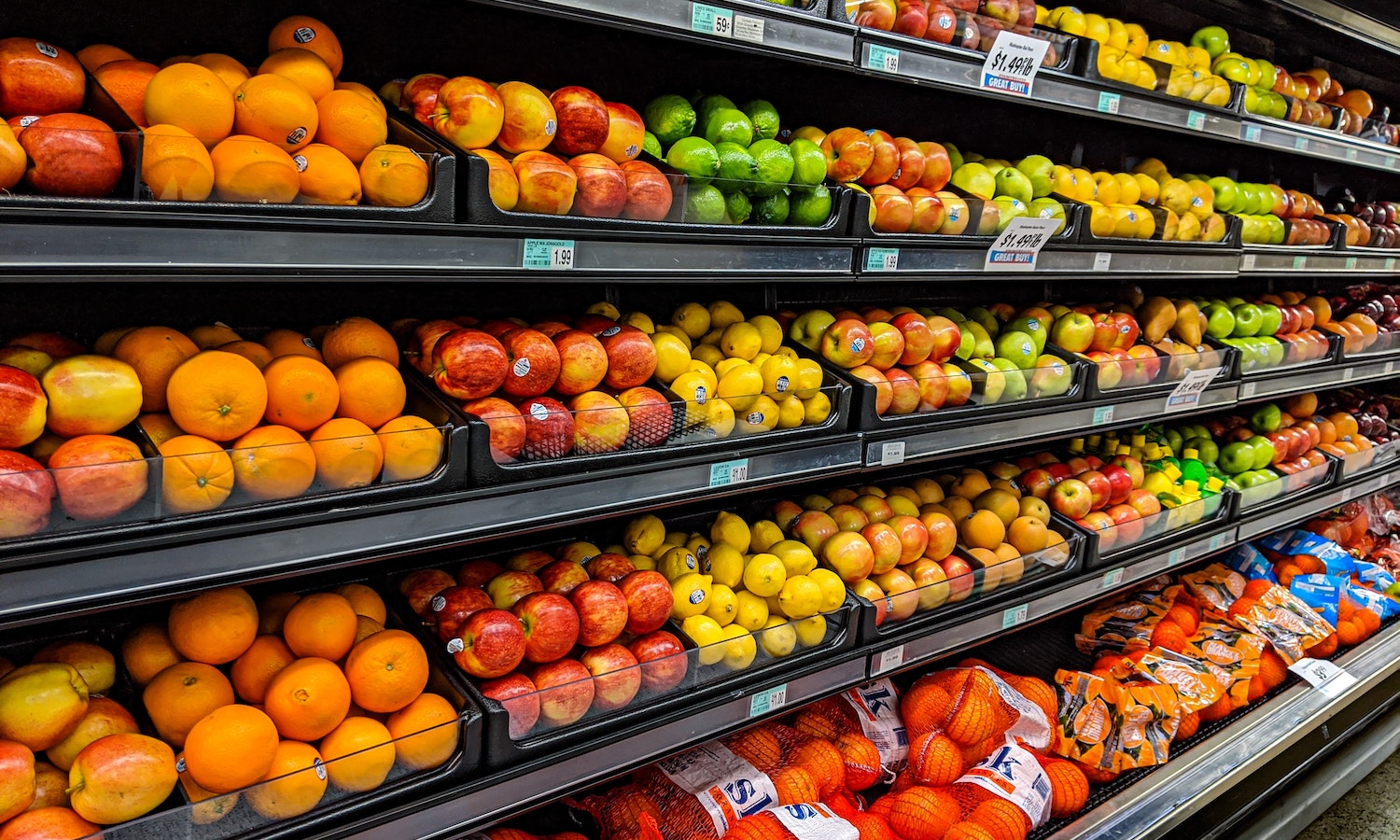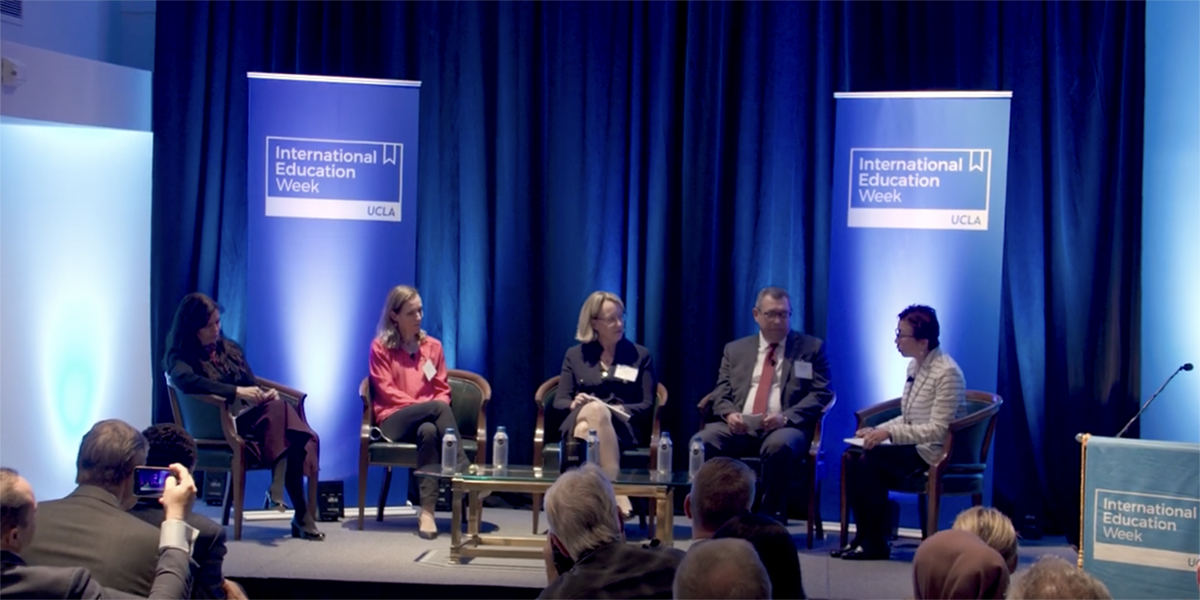UC Online Course: SAS 002V Feeding the World: Influences on the Global Food Supply

By Camille Ray
March 21, 2023 11:29 a.m.
Human survival relies on Earth’s ecosystems. Natural resources exist as an essential component of life in the form of food, fuel and raw materials. However, when unchecked product use persists, satisfying the ever-increasing needs of the human population comes at the expense of finite resource availability and physical environment longevity.
An often-disregarded factor of unrestrained human consumption remains the impact sustained grocery store supplies have on the environment. Regardless of weather conditions or location, stores are rarely unable to provide enough food for the day’s influx of customers. The question remains, how do grocery stores match consumer demand amid ensuing climate pressures? Unpacking the intricacies of environment-related food availability, UC Davis Professor Richard Bostock offers a virtual introductory course to sustainability, SAS 002V: Feeding the World: Influences on the Global Food Supply Science and Society, to be taken in the spring quarter. From scientific principles of food production to physical, biological and social science issues influencing the availability and safety of the food supply worldwide, Professor Bostock’s course incorporates a comprehensive science curriculum that lays the foundation for students to make informed decisions about subsequent food consumption habits.
With an honor-filled 40+ year career as a groundbreaking plant pathologist, Professor Bostock’s extensive independent research and service enables a knowledge-rich course applicable to outside studies. In fact, Professor Bostock’s co-Professor Sara Dye describes him as humble and hard-working, combining the qualities of an admirative role model while also being dedicated to approachability and student support.
For the course, matriculating SAS 002V means committing to asynchronous-style lectures accompanied by a mandatory 50-minute weekly webinar discussion on either Thursday or Friday. With 15 topics incorporated into the course rigor, students will delve into climate change, agricultural pests and economics basics. Every week to assess student knowledge, expect to complete a short quiz covering the designated topic, with the lowest score dropped at the end of the quarter. Final course grades evaluate three categories, quizzes (40 percent of the final grade), two mini-essays (34 percent of the final grade) and a final exam (26 percent of the final grade). While Professor Bostock has yet to release the updated version of the course syllabus for this quarter, years of teaching similar courses suggest he will employ similar pedagogical styles.
Feeding the World: Influences on the Global Food Supply Science and Society is a unique opportunity for students to learn about their impact on food security in a digestible and captivating way. As the world’s climate crisis continues to unravel, understanding practical ways to curb people’s global footprint remains a vital step toward environmental remediation. If you’re interested in enrolling in SAS 002V: Feeding the World: Influences on the Global Food Supply Science and Society, visit UC Online for more information.



